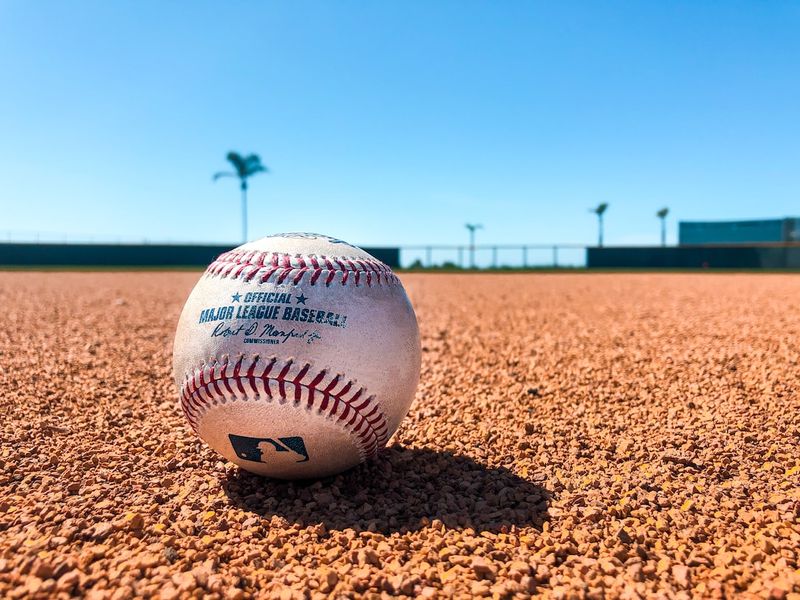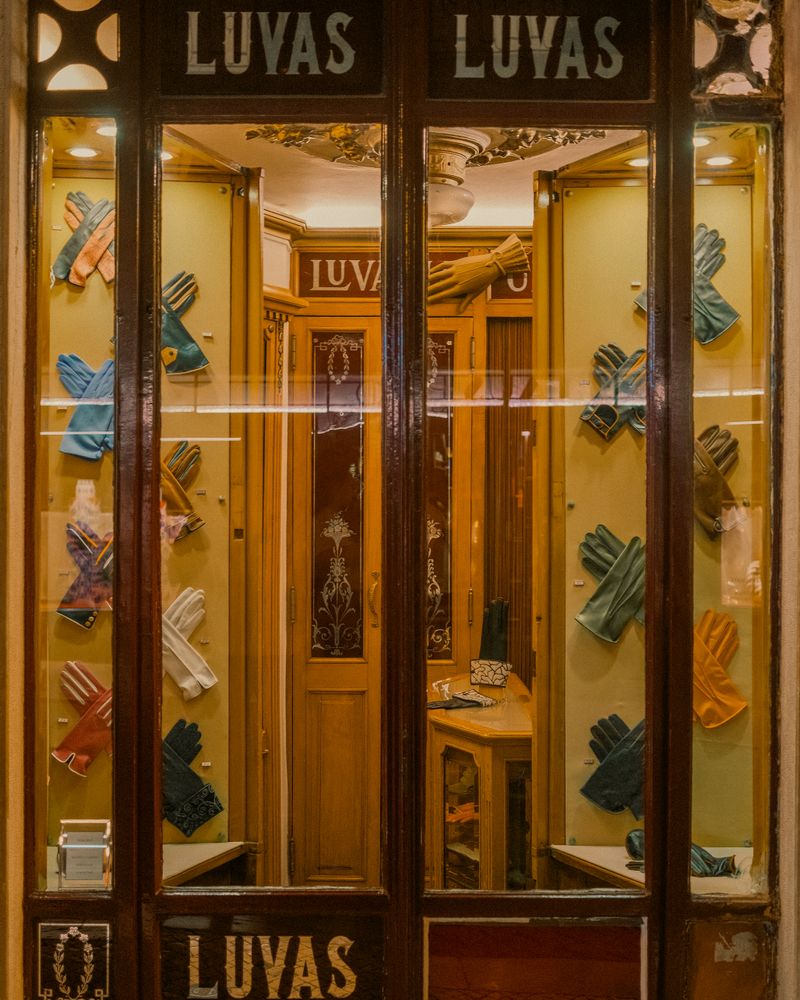The Chicago Cubs’ Trade of Jeimer Candelario Raises Questions about Roster Strategy
Introduction
The recent trade between the Chicago Cubs and the Washington Nationals, which involved young third baseman Jeimer Candelario, has raised eyebrows and sparked discussions in the baseball community. This transaction brings to the forefront several key issues surrounding roster strategy, player development, and the pursuit of championship success. It asks us to contemplate the balance between short-term gains and long-term planning in the highly competitive world of professional sports.
Roster Strategy: Immediate Needs vs. Future Investments
The trade of Jeimer Candelario exposes the inherent tension between a team’s immediate needs and its long-term vision. On one hand, the Cubs, as a championship contender, are driven to maximize their chances of success in the current season. Acquiring valuable assets that can contribute immediately, particularly in the pitching department, can be a vital step towards achieving this goal.
On the other hand, trading away a promising young talent like Candelario raises concerns about the potential impact on the team’s future. Candelario, known for his strong defensive skills and solid hitting, had showcased immense potential during his time in the Cubs’ minor league system. His trade to the Nationals suggests that the Cubs are prioritizing short-term versatility and immediate contributions over developing and nurturing their own prospects.
Player Development: Patience and Potential
The decision to trade Candelario also brings into focus the much-debated philosophy of player development. Baseball, as a sport, places great emphasis on grooming young players in the minor leagues, allowing them to refine their skills and gain experience before making the leap to the major leagues. By trading Candelario, the Cubs seem to be favoring the acquisition of established talent over investing in the growth of their homegrown prospects.
This raises philosophical questions about the value of patience and the potential of young players. It challenges the notion of immediate gratification and raises concerns about whether teams are losing sight of the long-term benefits that can come from fostering their own talent. This trade prompts us to reflect on the balance between instant results and the cultivation of future stars.
Editorial: The Cubs’ Calculated Risk
From an editorial perspective, the Cubs’ decision to trade Jeimer Candelario can be viewed as a calculated risk. As defending champions, the expectation for sustained success is high, and the pressure to make strategic moves to solidify the roster is significant. By acquiring pitchers from the Nationals, the Cubs aim to address their immediate needs and enhance their chances of reaching the playoffs and potentially defending their title.
However, this move also carries potential long-term consequences. In a league where roster depth and financial flexibility are crucial, trading away young, affordable talent like Candelario restricts a team’s options in the future. Moreover, it diminishes the potential to develop a player who could become a valuable asset for years to come. The Cubs must carefully weigh the present benefits against the potential risks and evaluate whether this trade aligns with their broader vision for sustained excellence.
Advice: Balancing Present and Future
For the Chicago Cubs organization, balancing short-term success with long-term sustainability is a delicate tightrope act. It is crucial for them to carefully assess the long-term impact of each trade they make. While focusing on immediate needs is essential, they should not lose sight of the value their homegrown prospects bring to the organization both on and off the field.
It is advisable for the Cubs’ front office to strike a delicate balance between acquiring established talent and nurturing their own prospects. By investing in player development, the organization can create a pipeline of talented individuals who can contribute to both the present and future success of the team. Rather than solely relying on trades and acquisitions, the Cubs must remain committed to their developmental program in order to maintain a sustainable competitive advantage.
In conclusion, the Chicago Cubs’ trade of Jeimer Candelario has sparked discussions about roster strategy, player development, and the pursuit of championship success. It highlights the complex trade-offs teams face in balancing immediate needs with long-term planning. As baseball fans, we should closely observe the impact of this trade on both the Cubs’ quest for another championship and their future sustainability.

<< photo by Megan Ellis >>
The image is for illustrative purposes only and does not depict the actual situation.
You might want to read !
- Apple Breaks Tradition: Twitter Finds Its Way to the App Store
- Is Lamar Jackson’s Tier 2 Quarterback Ranking Justified?
- Denver Broncos Wide Receiver Tim Patrick Injured During Practice, Raises Concerns for Team’s Offensive Line
- Breaking Down the Jeimer Candelario Trade: Analyzing the Cubs’ Acquisition of a Promising Third Baseman
- Waiting for a question to generate a title.
- MLB Trade Deadline: Assessing the Angels’ Acquisition of Randal Grichuk
- The Clash of Baseball Titans: Analyzing the Chicago Cubs vs. New York Yankees Matchup
- Exploring the Betting Lines for the Cubs vs. Twins Matchup on May 13th
- Assessing the Impact of Stephen Strasburg’s Injury on the Nationals’ Playoff Hopes.
- The End of an Era: Yellow, a Century-Old Trucking Giant, Closes Its Doors
- The Evolution of Twitter: From Microblogging to X-worthy Platform
- “The Impact of Yellow Trucking Firm’s Massive Layoffs on the US Economy”




